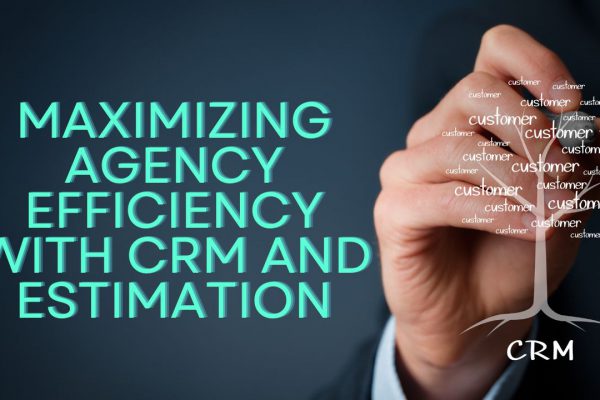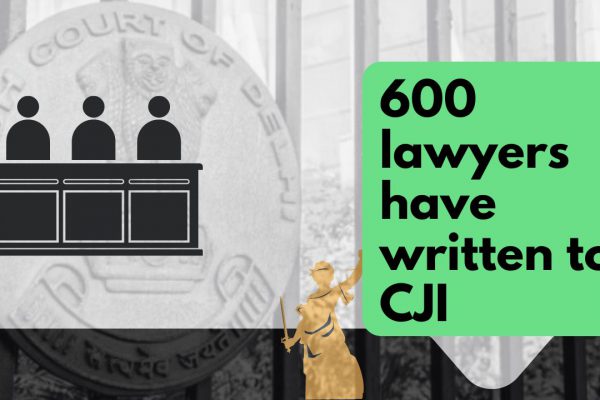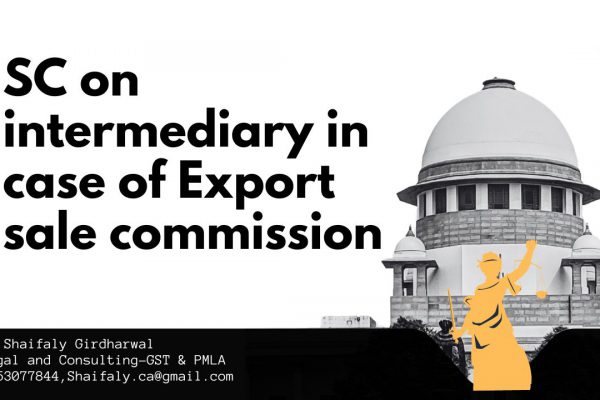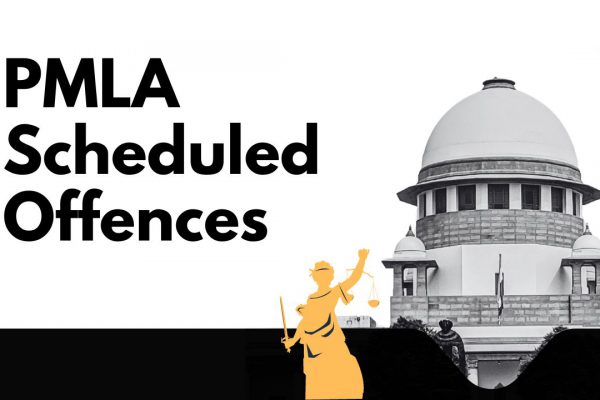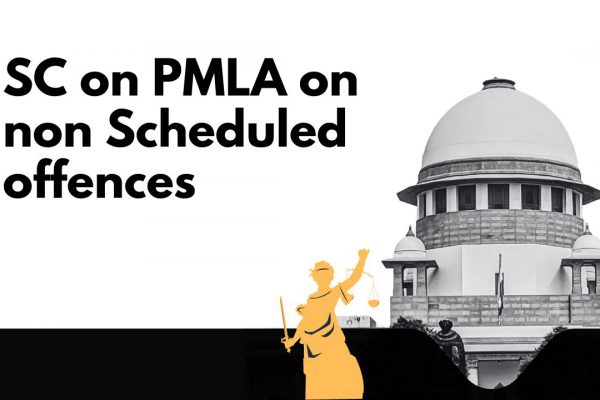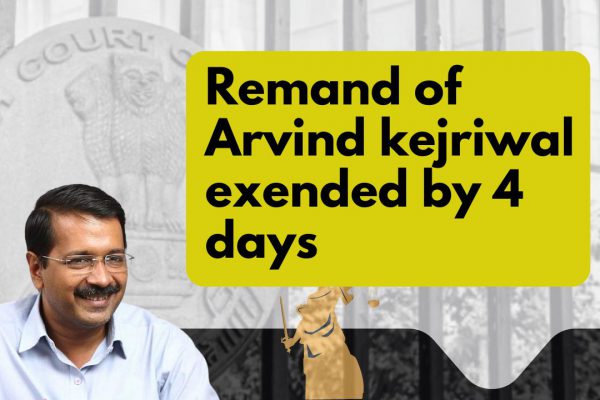GST impact on various components of business

Deepak Arya
Manager | Assurance & Taxation
RAPG & Co. | Chartered Accountants
 CA Neeraj Kumar, Fellow member of ICAI,Partner
CA Neeraj Kumar, Fellow member of ICAI,Partner
M/s RAPG & Co., Chartered Accountants, Rohini, Delhi
GST Impact:
In our earlier posts, we discussed about registration, input tax credit, export, etc. Now, in our 8th in series of article, we will discuss some GST impact on normal business procedures like business contracts, business decision making, etc.
GST would be one indirect tax for whole nation including J & K (One Nation One Tax). It will make India one unified market. At present, there are certain taxes which are being levied by Central Government and there are certain taxes which are being levied by State Governments. GST will subsume most of indirect taxes (Central and State) which are as follows:-
Central taxes that would be subsumed under the GST are:-
- Central Excise duty;
- Duties of Excise (Medicinal and Toilet Preparations);
- Additional Duties of Excise (Goods of Special Importance);
- Additional Duties of Excise (Textiles and Textile Products);
- Additional Duties of Customs (commonly known as CVD 3(1));
- Special Additional Duty of Customs (SAD) (commonly known as CVD 3(5));
- Central Surcharges and Cesses so far as they relate to supply of goods and services;
State taxes that would be subsumed under the GST are:-
- State VAT
- Central Sales Tax
- Luxury Tax
- Entry Tax (all forms)
- Entertainment and Amusement Tax (except when levied by the local bodies)
- Taxes on advertisements g. Purchase Tax
- Taxes on lotteries, betting and gambling
- State Surcharges and Cesses so far as they relate to supply of goods and services
ANALYSIS OF COSTING OF EXISTING PRODUCTS AND SERVICES:-
One of the critical aspects of business likely to be impacted by GST is product pricing. Taxes in India currently constitute a substantial part of the total product/service cost. While pricing is an essential function in all organizations, it assumes greater significance in companies operating in the Business-to-Consumer (B2C) segment.
Earlier, a service provider was not able to avail the input tax credit of VAT paid on purchase of goods. It was a cost component for them. However, under GST the input tax credit on supply of goods or services received for output supply shall be available subject to some restrictions. This will result decrease in cost of goods consumed for output supply.
The significant reason for reduction in the value of product/services will be smooth flow of input tax credit and elimination of cascading effects. However, this may not necessarily be the case. First, the tax savings on sourcing may not always be adequate to offset the incremental GST cost on distribution. Second, past experience suggests that many companies may not be generous enough to pass on the entire tax savings arising from GST, to the consumers. A case in point is the perennial grievance of the government that manufacturers of automobiles do not pass on the benefit of excise duty reduction. Companies, on their part, may argue that the tax savings need to be retained to absorb the impact of rising raw material prices and other costs.
But, now a days market is very competitive and hence it will necessary for companies to undergo an analysis on the impacts over the costing and pricing.
It is very important to note that the Government has also provided an Anti-profiteering provision under Revised Model GST law to control the wrong practices of industry.
DECISION MAKING WITH RESPECT TO STATE BASED EXEMPTIONS
In the present indirect tax regime, there are some exemptions related to some states which are being enjoyed by many companies (mostly manufacturing concerns). For instance, a manufacturing company in Himachal Pradesh may be enjoying the benefit of no excise duty and/or local VAT provided some conditions are qualified.
However, the state may not be able to grant any such exemptions under GST since the tax runs on the principle of destination based taxation i.e. the location of goods supplied shall be important.
MORE STRINGENT I.T. SOFTWARES FOR STATEWISE ACCOUNTING
An assessee will be required to build the accounting software more strong with respect to state wise accounting. Currently, accounting by manufacturers is factory wise and accounting by service providers is centralized. But under GST, both manufacturers and service providers would require state wise accounting since registration number under GST shall be state wise and all invoices, expenses and returns shall also be state wise.
Further, revised model GST law provides that one registrant shall file 3 returns in a month.
Considering the time limits and frequency of returns, the accounting software should be smart enough to provide state wise details as required for filing returns and consolidated information as required to statutory audit.
REVIEW AND AMENDMENT IN EXISTING CONTRACT
One another important aspect under GST would be to deal with transitional provisions especially in relation to ongoing contracts which have been entered into pre GST but not completed at the time of GST introduction.
GST would require review of existing contract and necessary amendment would be required accordingly to incorporate the relevant changes. The review of existing contracts is necessary to avoid any tax/cost burden on the Company on account of change in tax rates and to remove any possible ambiguities.
Specific transitional provisions have been stipulated vide Section 159 and 160 for works contract/ periodic supplies as under:
‘159. The goods and/ or services supplied on or after the appointed day in pursuance of a contract entered into prior to the appointed day shall be liable to tax under the provisions of this Act.
- Notwithstanding anything contained in section 12 and 13, no tax shall be payable on the supply of goods and/ or services made on or after the appointed day if the consideration for the said supply has been received prior to the appointed day and the duty or tax payable thereon has already been paid under the earlier law’
As per the above, it appears that in case of periodic/ continuous supply of goods/ services, GST law would not apply on advances received prior to the roll out date of GST law for goods/ services to be provided after roll out of GST regime, provided tax has been paid on the same.
Suggestions:
Possible changes under existing contract
- Tax Clause/Change in Law Clause – To incorporate the GST instead of existing service tax. The Companies should also start adding the GST along with service tax in new contracts. In future no amendments are required post introduction of GST;
- Taxability Clause – To review the contract which were exempted under earlier and which are not exempted under proposed law;
- Identify Contracts which need to be split State-wise to comply with the GST requirements – There may be possible issues where a single contract is entered into for provision of services related to immovable properties across two or more States. For example, in case of highway construction services, railway track laying project, typically a single contract may be entered into with the clients, for which consolidated invoices may be raised at one location. Such a contract may involve execution across multiple states;
- All inclusive contracts with Clients: If any contract has been entered with client where the price quoted is inclusive of all taxes. The service provider may or may not be required to disclose the value of tax charged separately on the invoices. It could be possible that the part of the contract is unfinished at the time of introduction of GST. The rate of tax under GST is expected to be substantially higher (may be upto 3-5%) than the existing rate of tax. In many of the contract, the profit margin of service provider could be very lower. It could be unviable for service provider to execute the work in the initially quoted rates. Those contracts either needs to be completed immediately before introduction of GST or should be renegotiated to the extent possible;
- To change the billing address with clients and suppliers – State wise registration would be required and all records would be required to be maintained respectively;
- The bank details with clients and suppliers can also be changed – State wise registration would be required and all records would be required to be maintained respectively;
- Inform the GSTIN to all clients to avoid any mismatch appears on the common portal.
If you already have a premium membership, Sign In.
 ConsultEase Administrator
ConsultEase Administrator
Consultant
Faridabad, India
As a Consultease Administrator, I'm responsible for the smooth administration of our portal. Reach out to me in case you need help.



